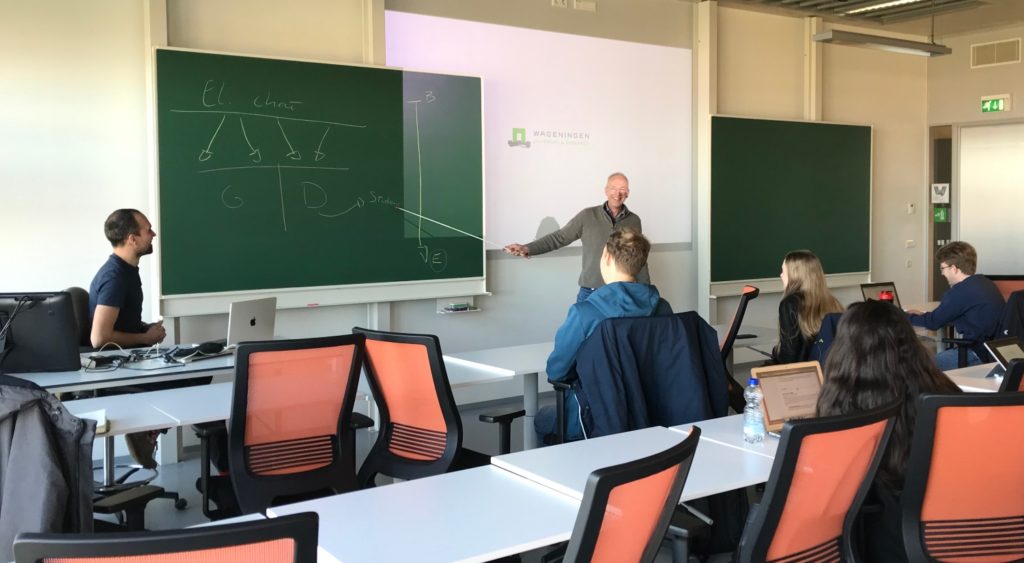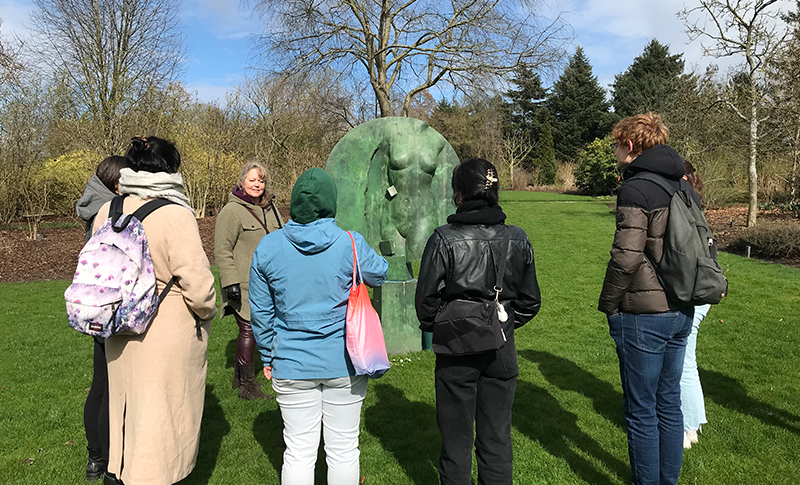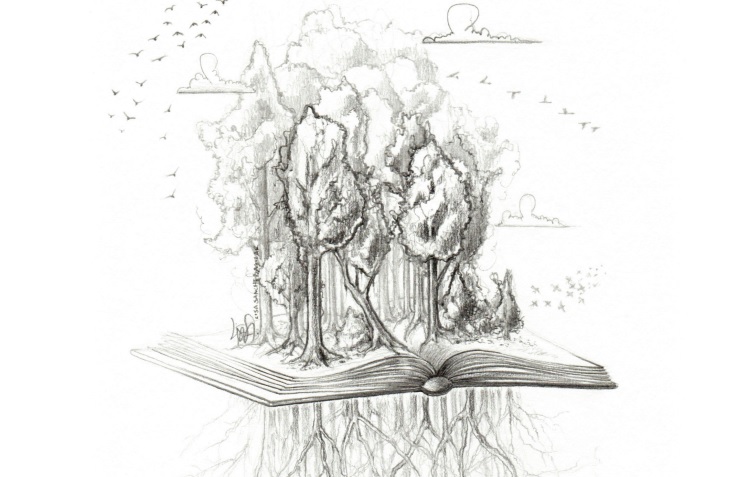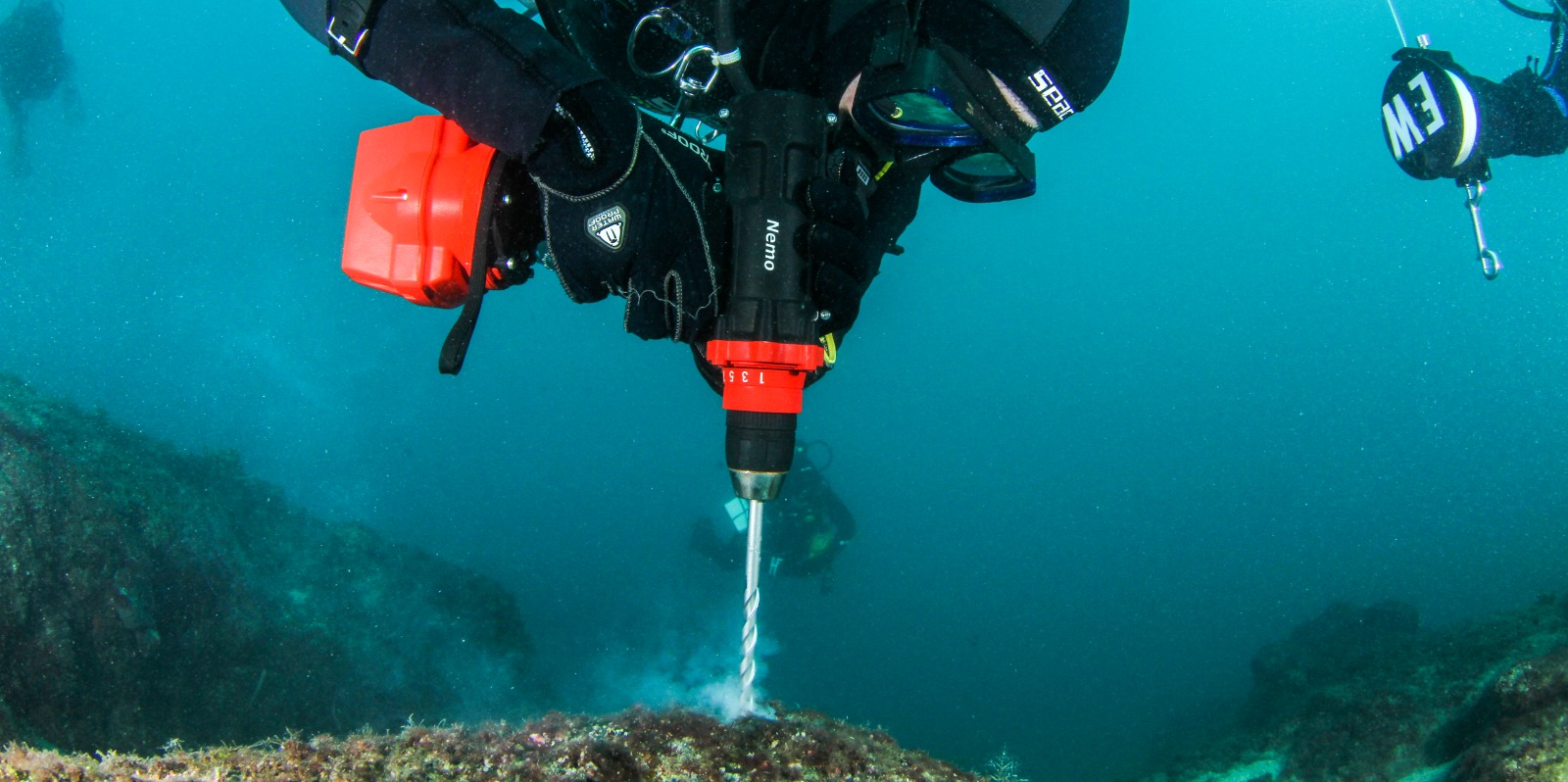Text Maurice Schoo
Studying means gaining new knowledge and skills but also learning to critically review existing theories and substantiate your outcomes. In other words: the correct scientific attitude. But how does one acquire this attitude? Student editor Maurice School joined the new course Doubt, Dilemmas, Discourse and Dogma in Science.
Science is about truth, facts and data. Once the research is completed, we know a little more about the truth. In the past two decades, the emergence of the internet has made it very easy to share information and knowledge. A scientific publication is just as easy to find as a recipe for dinner.
The flip side is that knowledge may also be shared that is incomplete or out of context. That makes it more difficult to assess the value of information and opens the door to pseudo-sciences. In the new course Doubt, Dilemmas, Discourse and Dogma in Science (the four Ds clarified in the box below), students learn how to deal with these developments, which ate part of the current world of science.
Scientific attitude
Course coordinator Jan Kammenga says the course meets a specific need: ‘In regular education, acquiring a scientific attitude is not always included in the programme. Students appeared to know little about the scientific code of conduct, while this code is crucial to doing research.’
The course also focuses on the position of the researcher. How do you reflect on your own and other scientists ‘research? How do you approach a society that follows science with a critical eye? ‘Every graduate faces these questions, and they are relevant to all students.’ Teacher Kevin Matson adds: ‘Lectures often focus on content and teach students skills such as presenting and writing. This course is similar to these skills courses, but we take it one step further by exploring how science works and how a scientist should behave.’
Interviewing
The teachers use different ways to train the students’ scientific attitudes. ‘We have a lecture about data in which students are confronted with a large amount of data they must analyse to reach a result. This teaches them that the hypothesis we use to analyse the data is instrumental in determining the outcome of your research’, Kammenga states. ‘We hope this provides the students with an eye opener.’
Another key aspect of the course is conducting interviews with a scientist. Here, the students must ask the scientist about the four Ds in their research. The crash course in interviewing by teacher Felipe Cunha prepares the students. ‘You can consider an interview as a conversation you may have in an elevator. That simplifies it.’ Cunha also stresses the importance of body language. Set the height of your chair slightly lower than that of the person you are interviewing, and show your hands. This gives the person across from you a feeling of control, which will encourage them to share information.’
Sensitive topics

Master student Marleen van der Wiel (Plant Sciences) is looking forward to the interviews. ‘It is a challenge because it is something we normally don’t do during a course. And you can choose a topic that is normally not discussed.’ But, says Kammenga, conducting an interview can also be difficult. ‘A conversation van be powerful and even overwhelming, particularly if you select a sensitive topic for the discussion. So, choose a partner if you feel out of your depth.’
Sensitive topics may include questions such as how the research is funded or whether the pressure to publish affects the quality of research. Teacher Bettina Bock shares some tips to get answers to these sensitive questions. ‘If you have to ask a difficult question, you can formulate it as a request for advice. Thus, rather than asking: “how was your study funded?” you may ask: “how does one approach the issue of funding for research?”.’
Exchange student Adela Jezierska-Suwinska (Biotechnology) appreciates how committed the teachers are and the fact that they share personal experiences. ‘It really gives us a peek behind the scenes of science.’
The four Ds
‘Doubt, Dilemmas, Discourse and Dogma are the four key ingredients in the course’, says course coordinator Kan Kammenga. Doubt is the foundation of scientific research. ‘Doubt other people’s publications and research, but your own research also.’ Dilemmas: research is all about choices and the dilemmas therein. What do you do when you face a difficult choice or when you disagree with your thesis supervisor or colleagues? The third D stands for discourse. As a scientist, you are always involved in a discourse about your research and the theories and concepts on which it is based. Here, the media have a critical role because, as a scientist, you are not only discussing with fellow researchers but with the world at large. ‘We also teach about framing because there is always a possibility that the media states something about your research that makes you think: But, that was totally not what I meant!’ Kammenga says. ‘What will you do?’ And, finally, there is the D for dogma. This relates to becoming aware of dominant dogmas: that which is widely accepted and which we are expected to adhere to without asking critical questions.
The book The Joy of Science, which is used for the course, can be downloaded free of charge from the WUR Library.

 Photo Shutterstock
Photo Shutterstock 

